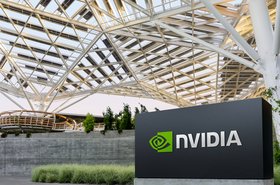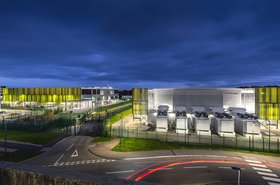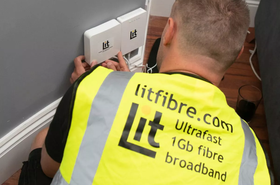The UK Government has unveiled five "Quantum Missions" for the next decade.
These missions are clear milestones for investment and research to secure the "UK's status as a world leader in the technology," and were shared during the Chancellor's Autumn Statement for Growth.
The Missions are backed by the £2.5 billion ($3.13bn) Quantum Strategy and are as follows: By 2030, every NHS Trust will be using quantum sensing-enabled solutions for brain scanning, cancer detection, and improved technology, quantum navigation systems will be deployed on aircraft, and mobile networked quantum sensors will be used across critical infrastructure for transport, telecoms, energy, and the defense sector.
The final two missions have a deadline of 2035 and will see quantum computers capable of running 1 trillion operations and functioning "well in excess" of classical supercomputers, and finally, will see the deployment of an advanced quantum network which will include clusters of quantum processors networked across locations, enabling the future Quantum Internet.
The Government hopes that quantum computing will benefit the economy and society through increased compute power, improved accuracy of navigation and timing systems, more precise sensors, and improved outcomes for patients with earlier diagnosis and ultra-precise surgery.
In addition to the Quantum announcements, the UK is investing another £500 million ($626.7m) in artificial intelligence (AI) computing.
The investment will "support the UK's world-leading scientists and AI researchers to continue delivering extraordinary new discoveries benefiting us all," and is an expansion of the existing AI Research Resource.
The technology is hoped to help the UK to tackle climate change and to enable the development of new medicines.
In August of this year, the UK Government announced it would be spending £100 million (~$126.3m) on artificial intelligence (AI) chips. This followed just a few months after sharing plans to invest £370m ($440m) in AI research and the establishment of a new quantum computing research center.






